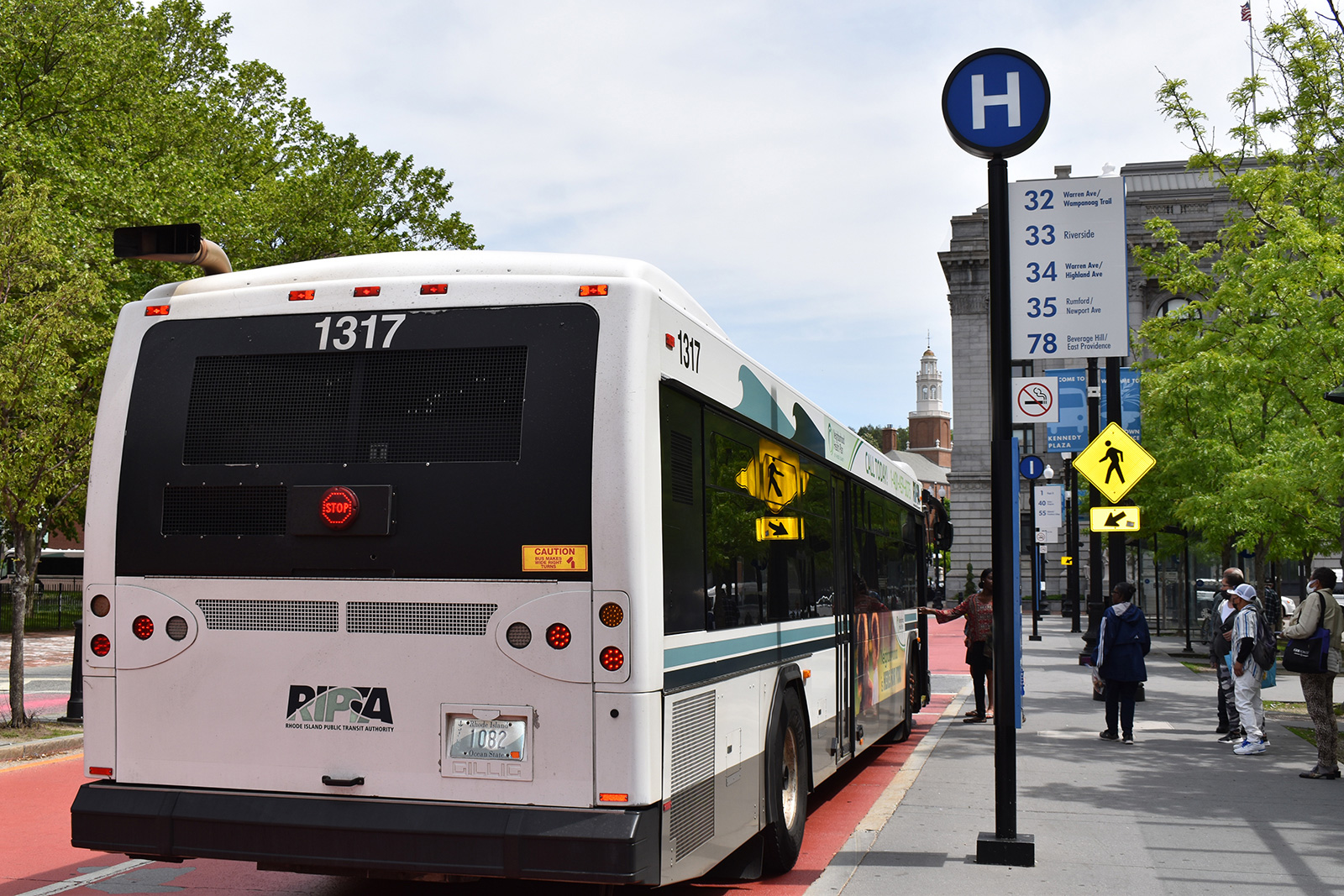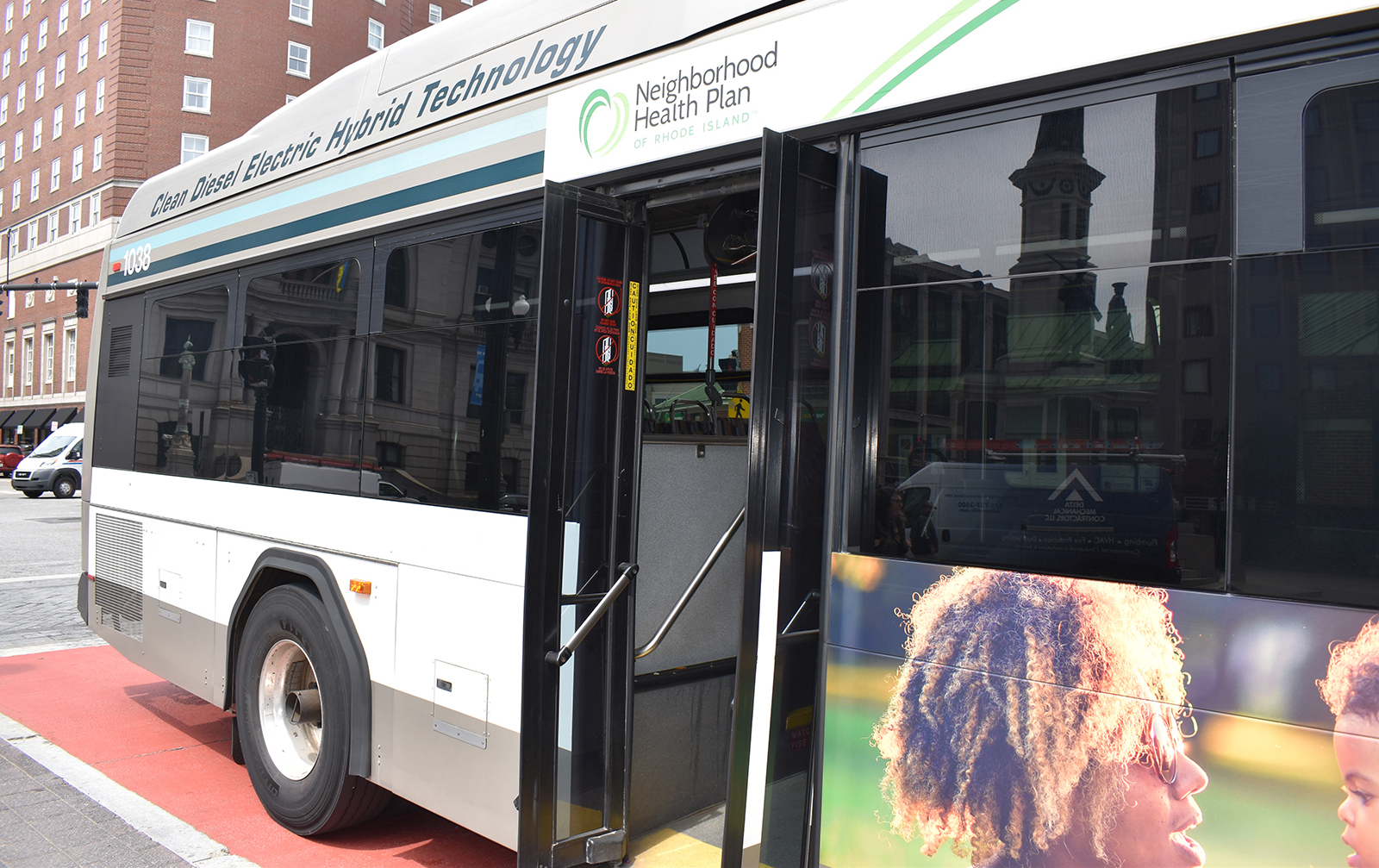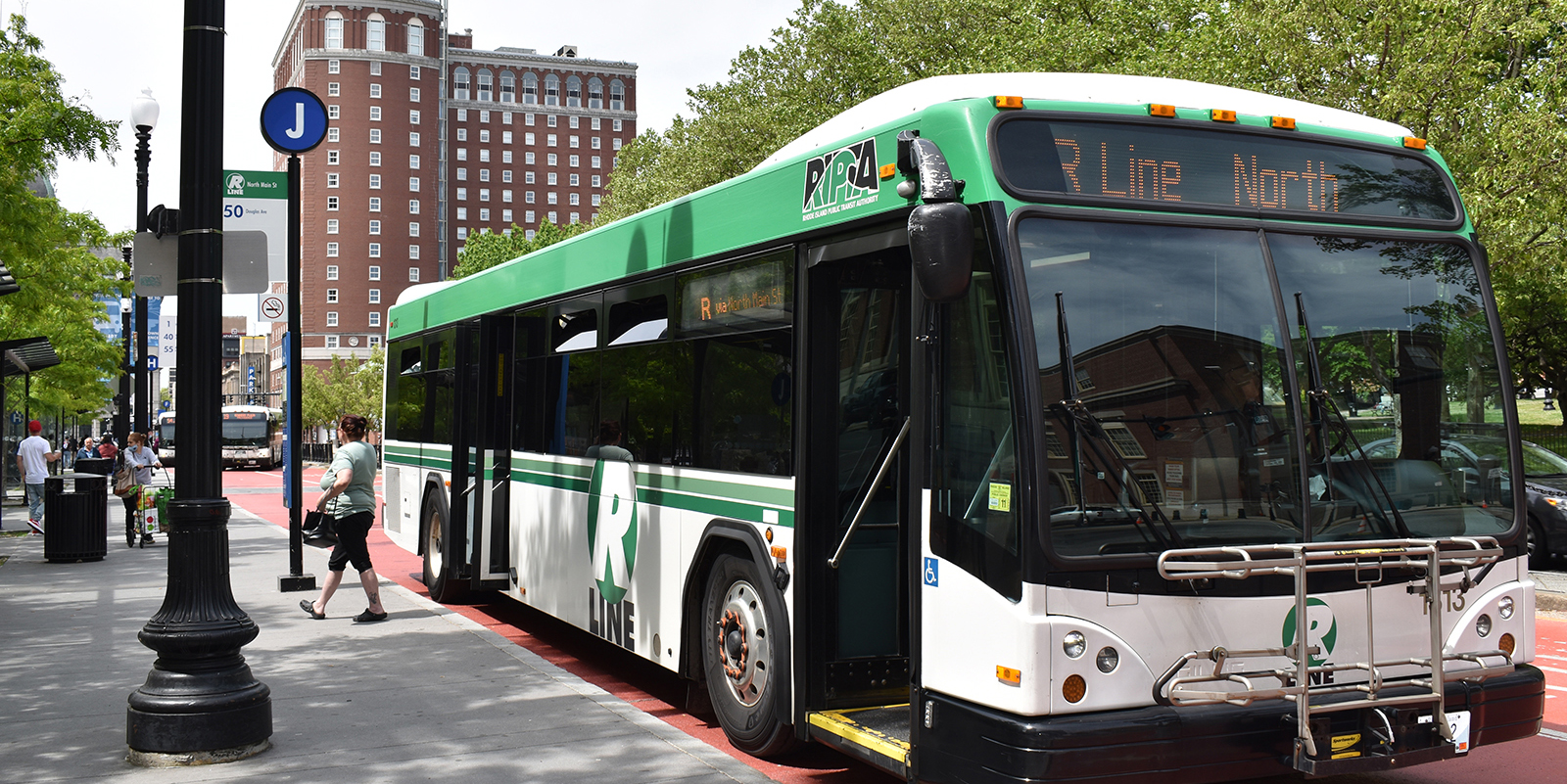‘We Don’t Even Need to Replace the Car’: How One Providence Resident Ditched Her Vehicle and Loves it
July 30, 2023
Editor’s note: This story is a part of ecoRI News’ Rhody Riders series, a collection of stories about people who choose to live without a car and use a combination of walking, bicycling, and taking transit to get around the Ocean State.
PROVIDENCE — Last August, when Amber Ma’s car needed some repairs, she had a big decision to make.
She had lived in Providence for about 10 years with her husband, and their household had always had one vehicle, mostly for trips to the grocery store, summer jaunts to the beach, and visits to see family out of state.
But recently — especially after the purchase of two e-bikes: “that helps a lot because Providence is quite hilly,” Ma said — they were using the car less and less. They drove once or twice a week, tops, and started biking, walking, and taking public transit more and more.
The cost of the car’s repairs were such that they would have been better off replacing the vehicle instead, which probably would have been a $25,000 cost. But then Ma had a thought: “We don’t even need to replace the car.”
They could ditch the car and assess how a vehicle-free life went.
They found they loved it.
“It’s been great not having one,” Ma recently said, more than six months into the experiment. “I would rather walk or bike than drive.”
The couple mostly get around on their bikes and supplement with service from the Rhode Island Public Transit Authority when the weather is bad.
“We are very much a multimodal household,” Ma said.
“As a last resort,” Ma said, she and her husband will rent a Zipcar, but that’s only for trips that are nearly impossible without a car. For example, to visit family in Quincy, Mass., they will rent a vehicle because there isn’t a transit line that will get them there. A trip to Boston, where Ma works as the program manager for Blue Cross Blue Shield’s Medicare team, though, is always taken on the commuter rail.
Although occasionally Ma thinks about how having a car would be easier to do things like check off errands all in one go, she said, they have enjoyed hacking their way through their new situation.
“We’re able to kind of reorganize our life, and it hasn’t been a big deal for us,” she said. “Actually, it has been kind of fun.”
She has enjoyed figuring out how to pack their bikes in the most efficient way when they go to the grocery store and exploring new Rhode Island destinations on unfamiliar RIPTA lines.
Ma said she knows she’s in a privileged place because if she needed to have a car, she could afford one. But part of the benefit of living without one, she said, is the carbon footprint (or lack of one) she now has because of it.
“It’s like 80/20. Eighty percent like, ‘Hey, let’s do this because it’s just better [for the environment],’” she said. “Then 20% was like, ‘Hey, the financial benefits are really great, too. So why don’t we just not spend 20 grand?’”
Ma testified during the last session of the General Assembly for more funding to sustain and improve RIPTA so more people might be enticed to join her in a car-free life.
She said she would also like to see improvements in Providence for bicyclers. She’s been happy to see routes along North Main Street and others get better since she moved to the city, but she said it still has a long way to go.




What kind of ebike did they buy and how much was it
what an excellent series! My wife and I are relatively polluters compared with this couple as we only gave up one of our two cars when we got married. Still, over the decades we saved much $$ and reduced our environmental impact compared to most professional couples who have 2 (or more) vehicles.
It would help to promote low emission low-cost car-free life styles if we supported downtown businesses and services that are easily accessible by walking, bike, transit, and if folks living near one of the many good bus lines gave it a try – public transit in RI is often much better than non-users think it is. The city could help by improving bike infrastructure and enforcing laws against dangerous driving. The state could help if it gave non-drivers an equivalent break to the $230+ million/yr it spends to eliminate property taxes on cars that most enriches those with many expensive vehicles – perhaps by making transit free for all – I think that would cost about $15 million/yr in additional taxes
I gave away my car in 1976. Have not really driven since. World would be better off with no cars